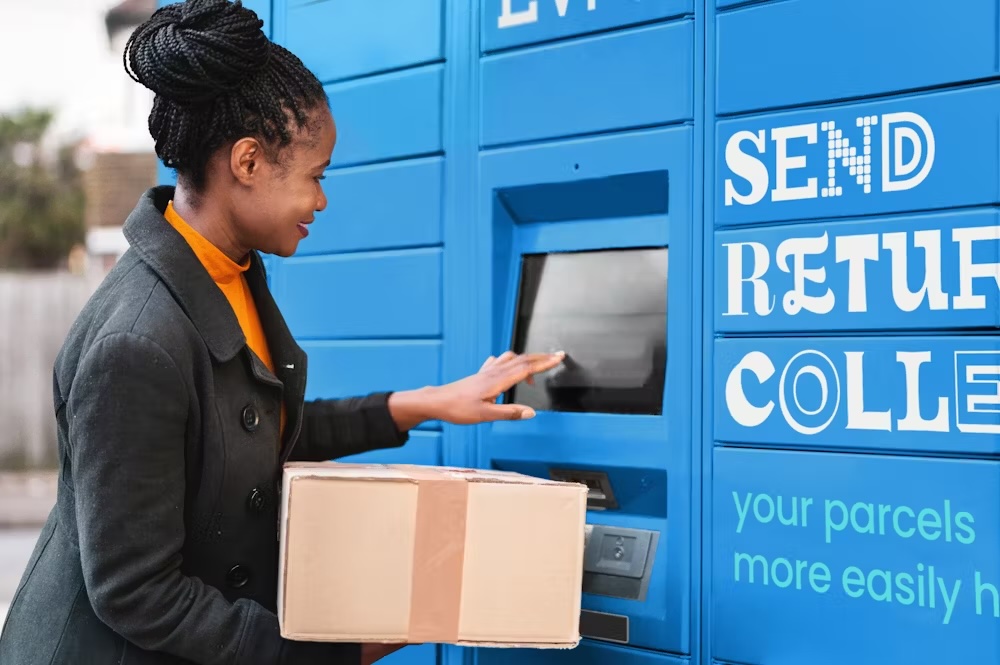TO EXPAND MOST retailers need to look abroad at new markets. This is challenging. In addition to the problems inherent to launching any new operation at scale, retailers also have to face difficulties associated with adjusting to a new market. So how should retailers respond to these difficulties strategically? Whatever the answer and different retailers will have different ideas, both localisation and having a robust infrastructure will be key factors to consider.
To deal with localisation first, we find that the same kinds of challenges occur and reoccur for our clients. Here, we’re talking about such factors as language, translating content and gaining a deep understanding of the cultural factors at play in a new market. All of these need to be adjusted to suit and meet the retailer’s market objectives.
Time and time again, we find that clients are successful when they take the time to understand how to reposition themselves for a local market. In contrast, too often retailers do an essentially risky thing, which is just to hit the ground running. They don’t think strategically. They don’t think about what people in those regions will look for in a brand.
To illustrate the difficulties that can occur here even when companies do put the work in, one of our clients is based in Hungary and wanted to expand to geographically close neighbours. You might suppose that Eastern Europeans have largely similar outlooks, but just think about the differences between the UK and the Republic of Ireland, which at least share a language. In truth, when you’re moving from Hungary to Romania and even further out to Russia, you encounter different tones and cultures. In fact, the company eventually decided to get out of Russia because it’s such a complex market.
Working at scale
Having said that expanding abroad is challenging because of local factors, retailers that have the right technology and infrastructure in place have a far better chance of success because they have a robust foundational layer on which to build. On top of this, retailers can then switch and tweak messaging to make it more local.
By local, we don’t mean generic to the whole territory. At Emarsys, one reason we are a global brand is that we have a foundational technology that helps retailers better understand their end customers, and what kinds of content and products are relevant to them as individuals.
It’s not enough to have a ‘Romanian website’ or a ‘Russian website’. One of the major challenges of expanding abroad for retailers is to make sure they are talking to different segments of the markets they’re targeting, and to offer the same personalised service they offer in home markets – localism and personalisation, at scale.
Emarsys in brief
Emarsys is a leading global provider of marketing automation software and the first marketing cloud for retail and ecommerce. The Emarsys B2C Marketing Cloud enables true, one-to-one interactions between marketers and consumers across all channels – building loyalty, enriching the customer journey and increasing revenues. Machine learning and data science fuels customer intelligence in an intuitive, cloudbased platform.





